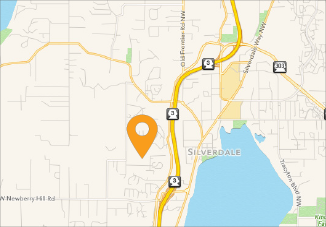How it works
What it takes
Fostering a shelter animal is a wonderful, rewarding experience, but can also be time-consuming and hard work.
Although previous fostering experience is not required, the ideal foster parent will have basic knowledge of animal care and training, as well as a desire to find their foster animal a safe, loving forever home.
As a foster parent, you will provide your animals with care, including food, water, shelter, litter, training, and trips to Kitsap Humane Society for medical treatment when necessary.
The length of foster care commitment varies widely based on each animal. Some animals may only need a couple weeks of foster care; other animals may need many months of foster care. The length of time can depend on the animal’s age, medical issues, or adoptability.
What you get
Kitsap Humane Society provides Foster Parents and their foster pets with all the basic needs, such as food, bottles, litter, toys, blankets, and medical care. If requested, we can also pair new Foster Parents with an experienced Foster Mentor who can provide one-on-one support. Specialty supplies such as crates, hooded beds, and treats are donated items and we supply them when possible.
Become a Foster Parent!
To join Kitsap Humane Society’s Foster Care Program, please:
Complete the Foster Care Application.
Allow up to two weeks for the Foster Team to review and process your application. Once the application is processed, you will receive an email link to the Online Foster Orientation.
After you’ve completed orientation, pick your pathway! You can learn about how to quarantine your foster animal, how to clean your space once they’ve been adopted, dog behavior, kitten feeding and health, and much more.
When the core training modules are complete, we’ll add you to our outreach email list and invite you to a few other cool foster-specific resources. Welcome to the family!



